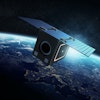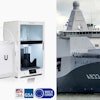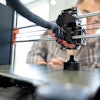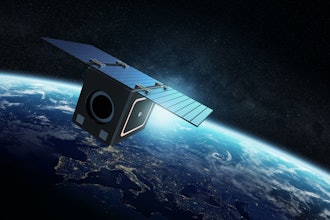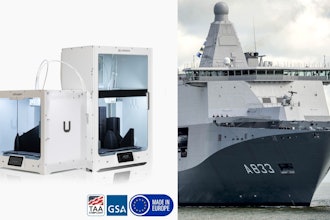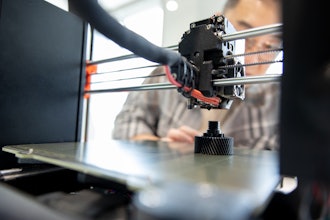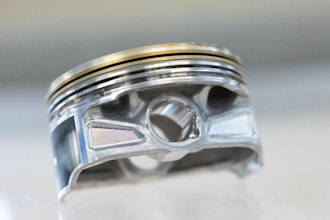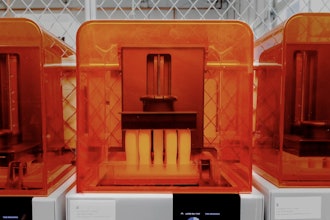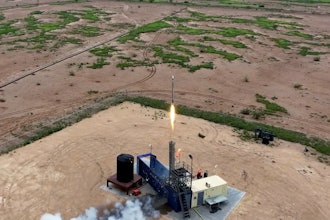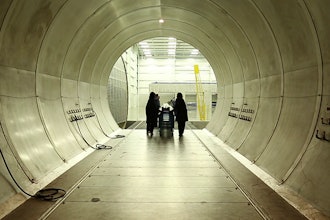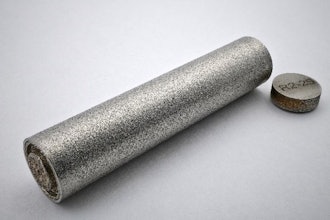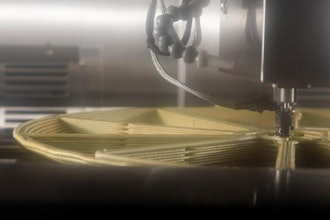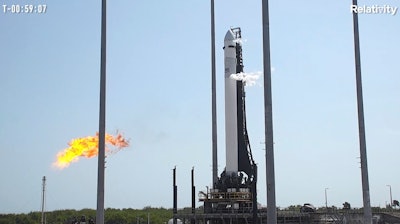
CAPE CANAVERAL, Fla. (AP) — A rocket made almost entirely of 3D-printed parts was poised to blast off Wednesday on its debut launch.
California-based Relativity Space is attempting to launch the rocket to orbit from a former missile site at Cape Canaveral Space Force Station.
It's a relatively small rocket, just 110 feet (33 meters), and won't be carrying anything for this test flight except for a memento: the first successful metal 3D print from the company's printers.
About 85% of the rocket, named Terran, is made of 3D parts printed at the company's factory in Long Beach, California, including its engines. Relativity Space aims to increase that percentage on its future versions.
SpaceX's Falcon rockets have been flying with 3D parts for years, but not nearly to the extent of Relativity Space's new rocket.
Relativity Space said its rocket is the largest 3D printed object to attempt a launch.
Businessman Mark Cuban of TV's "Shark Tank" was among the early investors in the company.

